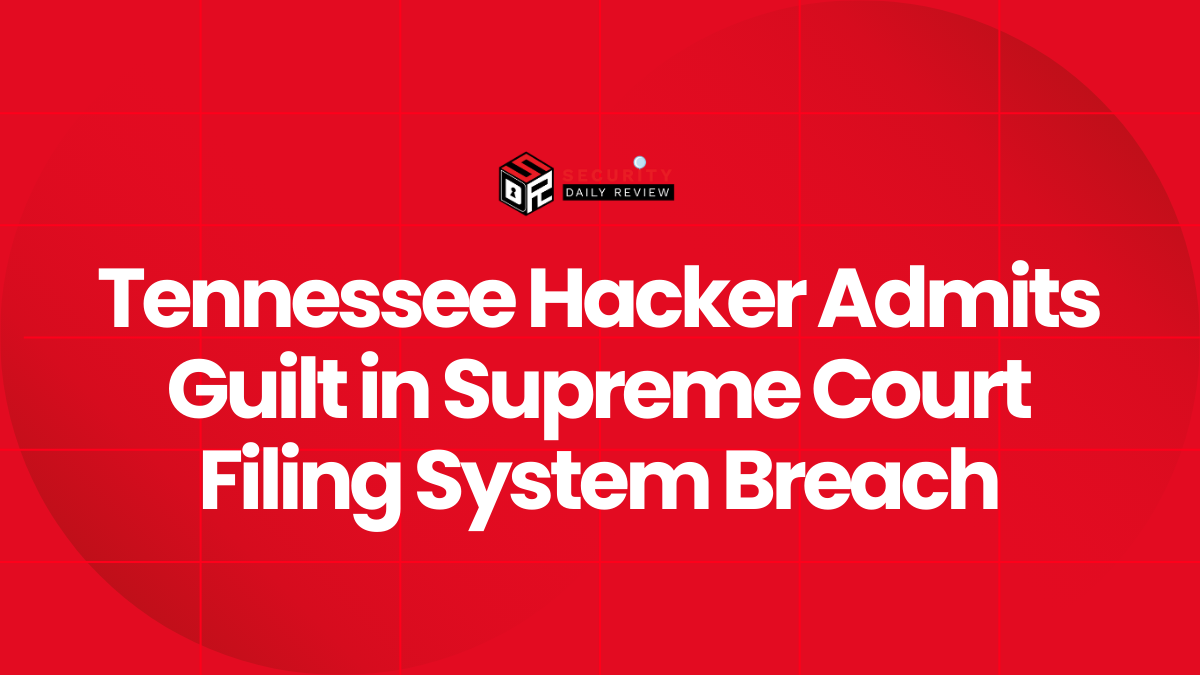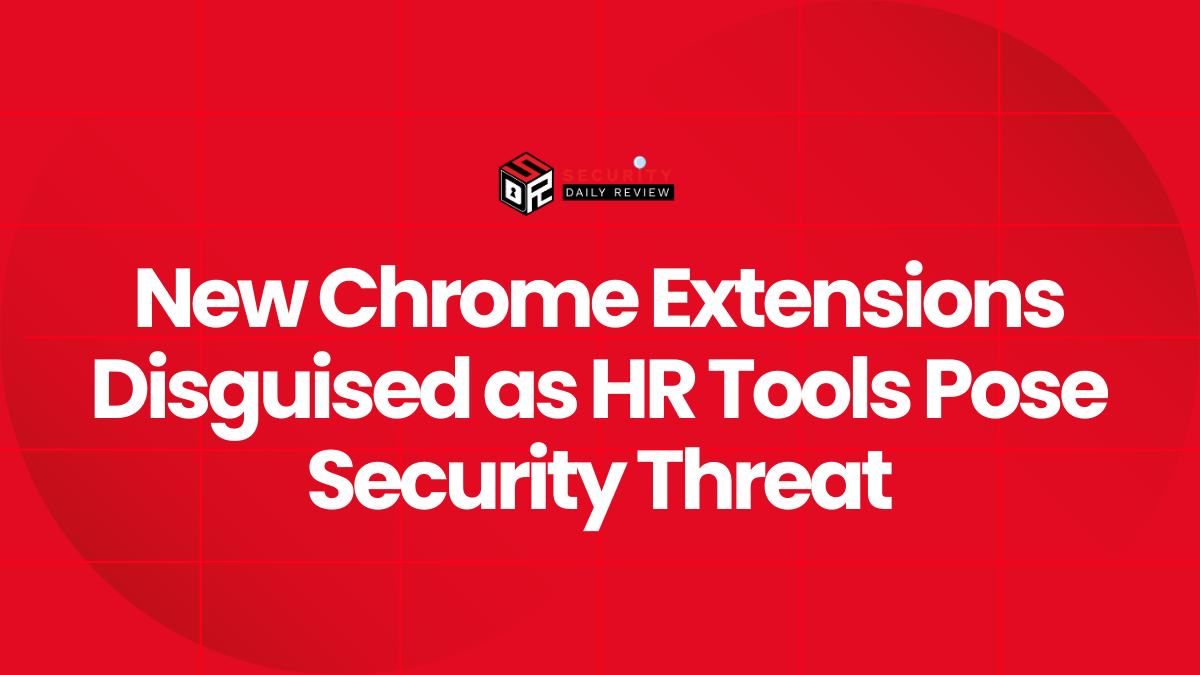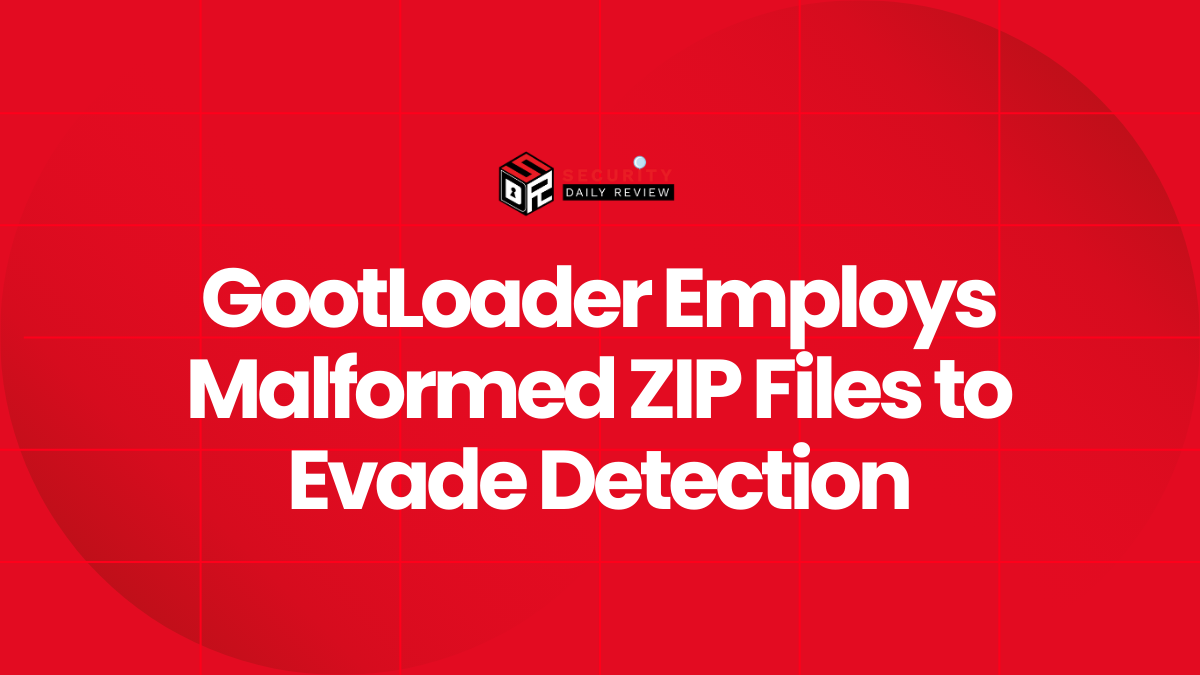Airport and Port of Seattle Systems Down, Baggage Handling Disrupted after Sea-Tac Airport faces Cyberattack.
Sea-Tac International Airport (SEA) and the Port of Seattle experienced a significant cyberattack on airport systems over the weekend, disrupting services and causing major inconvenience for travelers. The attack, confirmed by airport officials on Sunday, August 25, 2024, took down websites, email, and phone services, impacting operations at both the airport and the port. This incident highlights the airport vulnerability to cyberattacks and the need for robust airport security measures.
The outages, first reported on Saturday morning, persisted into Sunday afternoon, leaving officials with no clear timeline for restoring normal operations. The cyberattack impact was felt throughout the airport, including baggage handling systems, terminal screens, and even the ability for airlines to issue boarding passes, leading to significant airport systems disruption. This resulted in airport website outage, airport email outage, and airport phone outage, further disrupting operations.
Baggage Chaos: Thousands of Bags Miss Flights
The disruption to baggage handling systems resulted in thousands of bags missing their flights. Alaska Airlines, for example, reported that staff had to manually sort over 7,000 bags due to the outage. This situation highlights the vulnerability of airport operations to cyberattacks, as even a relatively short disruption can have a significant impact on travelers, causing major airport passenger inconvenience. This disruption also caused significant baggage handling disruption, further impacting travelers.
Federal Agencies Investigating, Airport Security Remains Uncompromised
The FBI’s Seattle field office confirmed that federal agents were investigating the incident, working with partners to determine the extent of the attack and the perpetrators involved. While airport officials confirmed they were cooperating with federal agencies, they declined to disclose the specific agencies involved.
Despite the cyberattack on airport systems, airport security operations remained unaffected. Greg Hawko, Washington state’s federal TSA security director, assured the public that TSA officers continued to provide their usual high level of security, screening all checked bags and passengers according to standard procedures. This demonstrates the effectiveness of existing TSA security protocols in maintaining safety despite the cyberattack.
Airlines Adapt to Disruptions, Passengers Urged to Arrive Early
While most flights remained on schedule, the cyberattack caused significant disruptions to airline operations. Airlines that utilize the airport’s “common use gates” were forced to handwrite boarding passes and manually search bags. These airlines include many international carriers, as well as Frontier, Spirit, and WestJet. This resulted in significant airline operations disruption and flight delays for passengers.
Delta Air Lines and Alaska Airlines, both major hubs at Sea-Tac, reported that their flight schedules were not interrupted. However, Sun Country Airlines experienced delays of more than two hours, with two flights affected on Saturday and three on Sunday.
Port of Seattle spokespeople advised travelers to arrive at the airport early, pack light, and keep essential belongings in their carry-on luggage to minimize the impact of the disruptions.
Cybersecurity Concerns Highlighted: A Growing Threat
The Sea-Tac airport cyberattack comes on the heels of a similar incident in July, where a software update issue caused a nationwide internet outage, grounding flights and disrupting businesses. This incident, along with the Sea-Tac attack, highlights the increasing vulnerability of critical infrastructure, including airports, to cyberattacks. This underscores the need for robust critical infrastructure cybersecurity measures.
A 2014 Government Accountability Office report warned of the growing threat of cyberattacks to airline operations, citing the increasing interconnectedness and dependence on the internet for various operations. The report highlighted “significant security-control weaknesses” that could threaten the safety and uninterrupted operation of the national airspace system. This report highlighted the importance of airport cybersecurity and the need for strong airport security protocols.
Despite advancements in cybersecurity since then, Federal Aviation Administration Chief Counsel Marc Nichols acknowledged in a 2023 speech that the threat of cyberattacks continues to grow in both frequency and sophistication. This underscores the ongoing cybersecurity concerns and cybersecurity threats facing airports and other critical infrastructure.
Other Recent Cyberattacks in Seattle
The Sea-Tac airport cyberattack is not an isolated incident. In recent months, other critical services in Seattle have been targeted by cyberattacks. In May, the Seattle Public Library experienced a malware attack that disrupted operations for weeks. Additionally, a February hack at Change Healthcare impacted several Washington hospitals.
These incidents underscore the growing threat of cyberattacks and the need for robust cybersecurity measures to protect critical infrastructure and ensure the smooth functioning of essential services.










